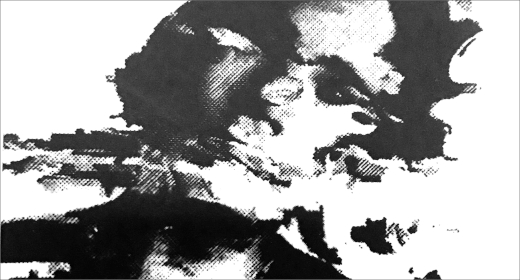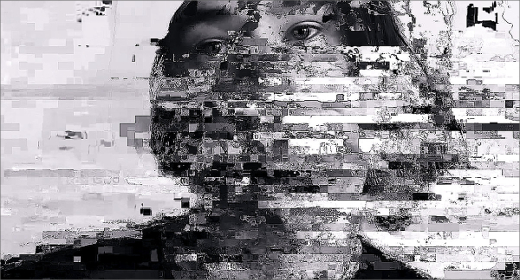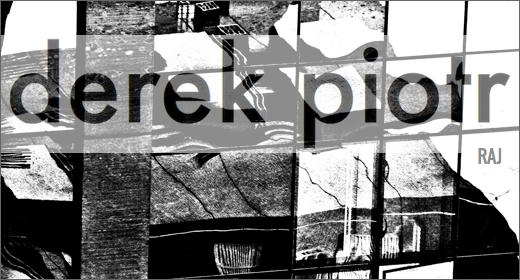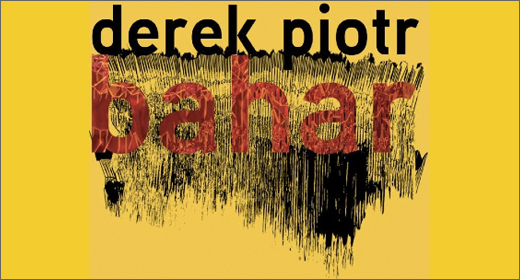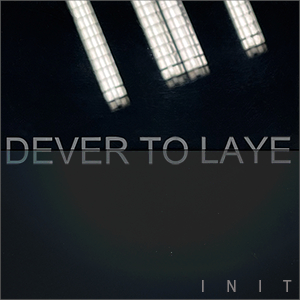Derek Piotr once again unravels strange new landscapes with his music as an eroding stream of mechanical sounds blend with organic drones and tones where darkness sometimes reveals its detailed, textural form. Nonetheless, Piotr has done very well to lift his grandmother’s spirit in a way most of us only wish we could.

Derek Piotr follows-up 2018’s Grunt, described that “a constant metamorphosis might seem exhausting in theory, but a thoughtful listen will reveal the composition’s intricacies which keep this album endlessly entertaining and fascinating.” Avia treads similar terrain albeit with a more tranquilized, inspired, and theme-based sonic trajectory—and a tribute to his grandmother. As you’ll find on “Temple of the Fortress of Light” (premiered here), Derek Piotr once again unravels strange new landscapes with his music as an eroding stream of mechanical sounds blend with organic drones and tones where darkness sometimes reveals its detailed, textural form.
On “Girlhood” Piotr redefines himself, taking microscopic digital elements, ambient-electronics, voice samples, and wind instruments to create a dreamlike state that is at once captivating and otherworldly at the same time. And this is what Derek Piotr does so well—by creating surreal soundscapes that cross between abstract to improvised. In a way, as the artist describes via a press-release, his urgency to record his ailing 99 year-old grandmother (which he started doing when she was 91) can be found on Avia. The result is an album that isn’t centered on the Piotr’s voice, but that of his grandmother—listen to the sad yet uplifting “Three Voicemails” where you’ll hear her voice messages in the most sincere light as she says “bye-bye.” On “Roadwork,” for example, you can also hear Piotr’s grandmother discuss the traffic, her voice blissfully nestled between low-flying keys and violins swaying in the wind.
As the artist describes, “My clandestine practice was a desire and a way to hold on to more of her than I felt I inevitably would,” and Avia ultimately and intimately paints a unique photo-album of sorts. Made from distant, vintage found-sounds, recordings, brief instrumentation, and fading snapshots lost in time, the title-track emits an emotional Gaelic feel, its wind-instruments traversing vast sonic fields, the nostalgia palpable. It is with pieces like these that Avia stands on its own, an experimental genre-tag may hold true, but it’s the buried audio recordings that create for a lasting soundtrack we didn’t know was missing in our lives. As “Theo’s Song” jingles with drifting minimal melodies, its audio collage evens itself out, somehow leaving the listener in a state of bewilderment rather than confusion. Perhaps this is intentional, and perhaps it’s not. Nonetheless, Derek Piotr has done very well to lift his grandmother’s spirit in a way most of us only wish we could.
Avia is available on DPSR.











